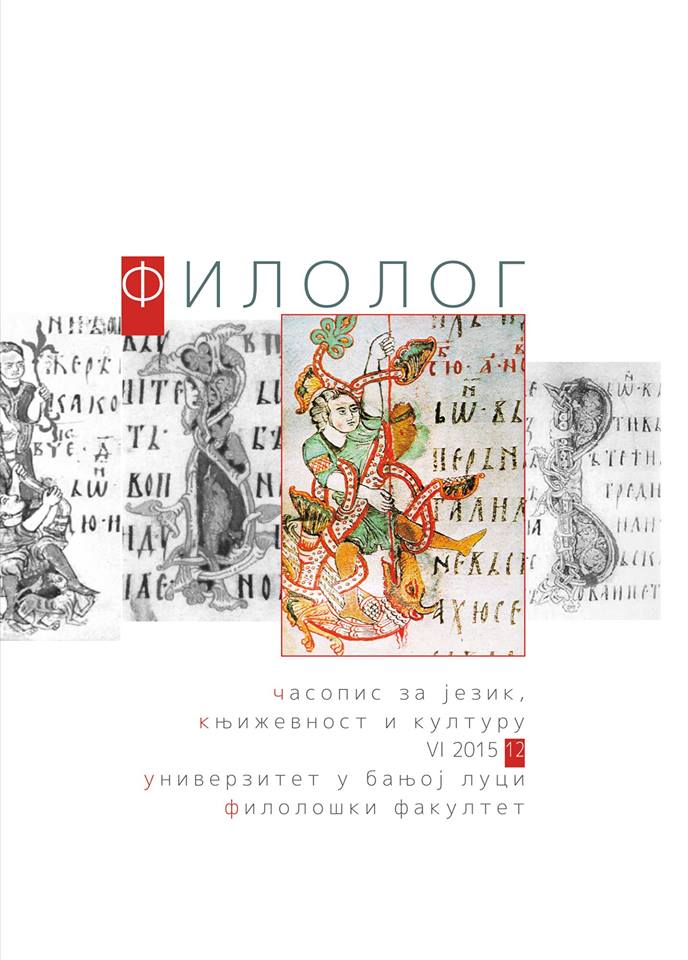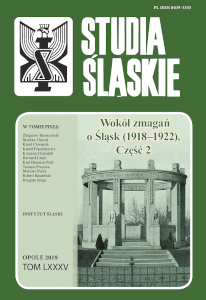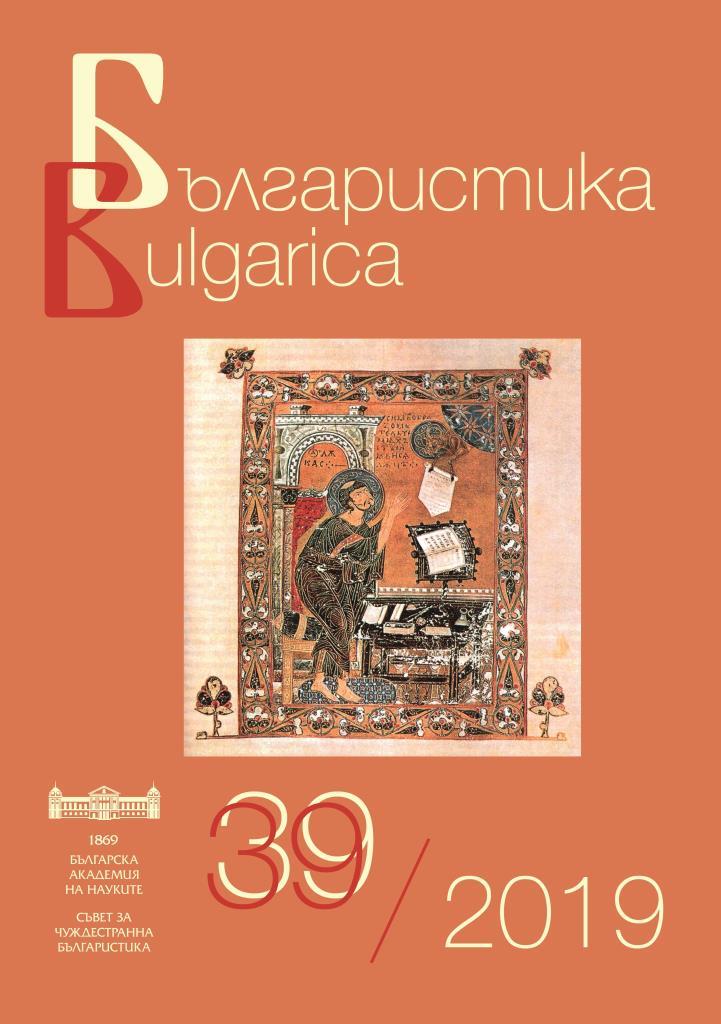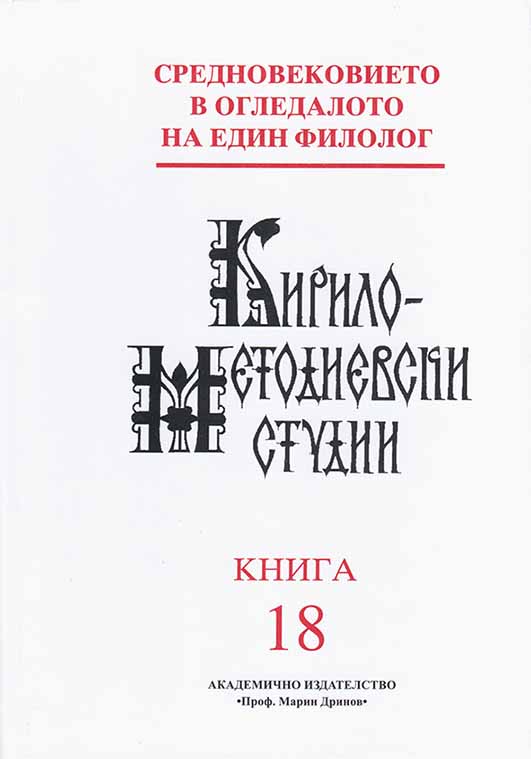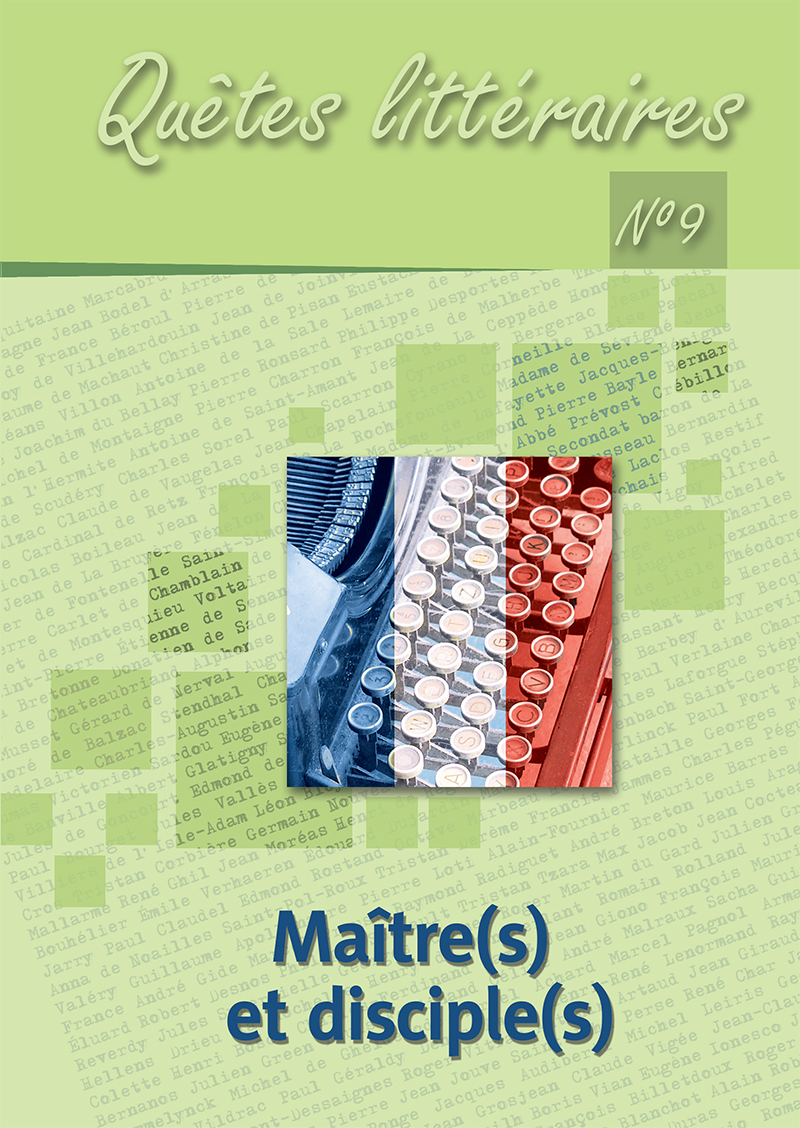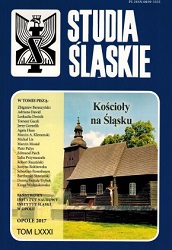
Poseł krotochwilny Mac Lac… jako XVII-wieczna śląska komedia rybałtowska
The Facetious Legate Mac Lac… is the first and only Silesian ribald comedy, preserved in the collection of The Wrocław University Library. The text, written in Polish, was published in 1666 by the Oleśnica printing house owned by Jan Seyffert to commemorate the wedding of Jan Fryderyk Biharzowski, the Pastor of Lubsza, with Ewa Conradówna, the daughter of the evangelical Deacon of Kluczbork. Many scholars attribute the authorship of this comedy to Jan Tyreus Puklerzski, the bride and bridegroom’s friend. Te individual characters’ utterances are dominated by the dialect and jargon vocabulary, which emphasizes the comical and ironical nature of the whole text. The Facetious Legate reflects the lexis and the phraseology of the 17th-century Silesian Polish, thus following the characteristic features of ribaldry
More...
